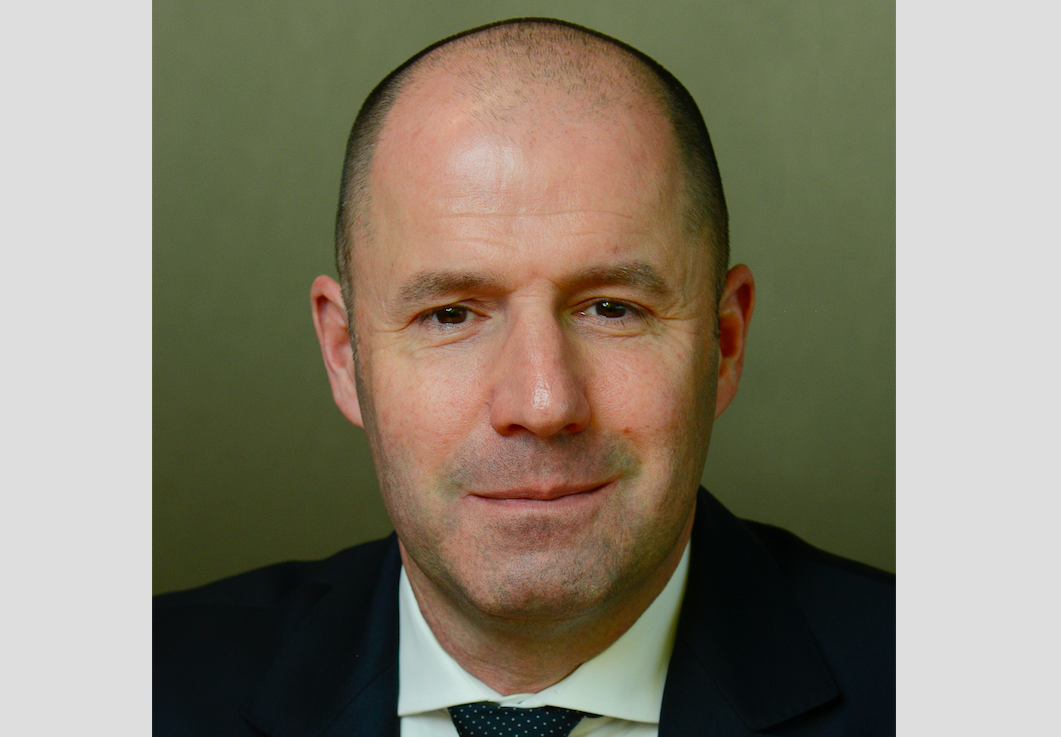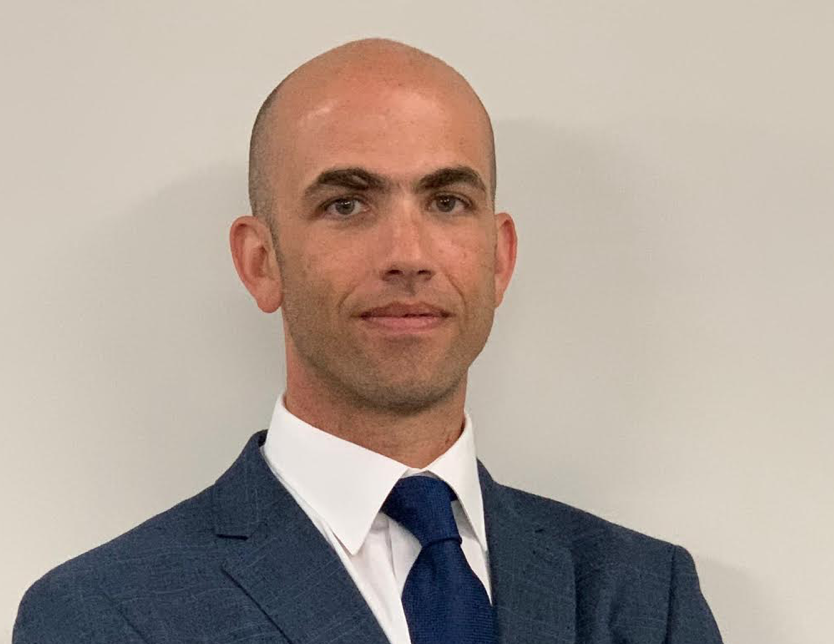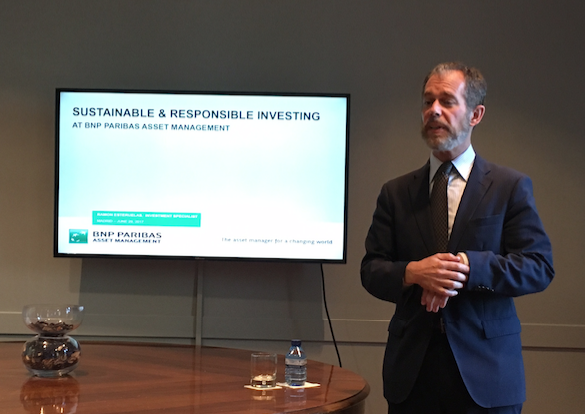La influencia del coronavirus en las carteras
| Por Beatriz Zúñiga | 0 Comentarios

Las fotos de la ciudad china de Wuhan, con 11 millones de habitantes, muestran calles desiertas. Desde el 23 de enero, Wuhan, seguida por gran parte de la provincia de Hubei que la rodea, fue puesta en cuarentena en un esfuerzo por contener la propagación de un nuevo coronavirus, una enfermedad respiratoria. En el primer trimestre de 2020, el impacto en la economía de China será altamente perjudicial.
Las medidas de cuarentena en la Provincia de Hubei han afectado a hasta 59 millones de personas, haciendo del encierro un experimento de salud pública a una escala nunca antes intentada. Sólo los alimentos y los suministros médicos pueden entrar o salir de una docena de ciudades de la provincia. La situación sigue evolucionando rápidamente y el coste humano está aumentando. Las autoridades de China han informado de más de 17.000 infecciones confirmadas y 361 muertes. Eso sugiere que se trata de un virus que ya es más contagioso, pero menos mortal, que el brote de SARS de 2003, que infectó a unas 8.000 personas y mató a casi 800.
El cierre también se ha propagado internacionalmente junto con los informes de casos fuera de China. La Organización Mundial de la Salud declaró la semana pasada que el virus era una emergencia sanitaria mundial y muchos gobiernos han impuesto prohibiciones a los ciudadanos chinos que entran en su país, incluidos los Estados Unidos, Australia y Nueva Zelanda. Otros, como los suizos, franceses y británicos, desaconsejan los viajes no esenciales a la China continental. Las líneas aéreas, entre ellas Swiss Airlines, Air France, Lufthansa y British Airways, suspendieron todos los vuelos hacia y desde China, mientras que empresas como los fabricantes de automóviles Renault y Toyota, y cadenas alimentarias como Starbucks y McDonald’s, detuvieron la producción o cerraron sucursales, manteniendo a los empleados alejados de las fábricas y del transporte público a su regreso de la pausa.
Daños a corto plazo
Hasta ahora, el contagio internacional del virus es limitado. Esta sigue siendo nuestra suposición. Dicho esto, nos mantenemos alerta a los riesgos negativos. China es ahora parte integral de la economía global. Representa el 17% del PIB mundial, en comparación con sólo el 4% en 2003, y el 13% del comercio mundial, en comparación con el 5%. Aporta casi el 70% de la demanda mundial de metales, casi tres veces más que en 2003, así como el 20% del gasto global en turismo, frente al 3% de hace 17 años. El impacto inmediato será el impacto en los viajes, lo que perjudicará a economías como la de Hong Kong, Tailandia y Vietnam, que dependen de los turistas chinos.
Desde un punto de vista macroeconómico a corto plazo, creemos que el impacto económico del virus en China será grave. China informará de su previsión de crecimiento del producto interno bruto para el primer trimestre a mediados de abril, con un PIB del cuarto trimestre de 2019 del 6,0%. El SARS redujo en 2 puntos porcentuales la tasa de crecimiento anual en el trimestre en el que atacó, y el coronavirus casi seguro que socavará el crecimiento. El sector de los servicios representa ahora el 53% de la economía de China, en comparación con el 42% en 2003. Sin embargo, las ventas al por menor en línea constituyen una gran parte de las ventas totales, lo que debería proporcionar alguna compensación.
La reacción dentro de China desde el comienzo del brote se ha silenciado, ya que muchos intercambios y negocios cerraron durante las vacaciones del Nuevo Año Chino. Cuando los mercados de valores chinos reabrieron el 3 de febrero, el compuesto de Shanghai cayó un 8,7% y el índice compuesto de Shenzen cayó más de un 9%.
El estímulo del gobierno chino
Al reabrir los mercados, las autoridades del país anunciaron una serie de medidas para contener el impacto económico negativo. Entre ellas figuran medidas para garantizar la liquidez del sector bancario, subvenciones de los tipos de interés a las empresas afectadas e incentivos para impulsar los préstamos bancarios a la economía. Si bien estas medidas pueden contribuir a la confianza, es poco probable que eviten una desaceleración en los tres primeros meses del año. De ser necesario, las autoridades podrían señalar un gasto fiscal más proactivo cuando el Congreso Nacional Popular se reúna en marzo.
Esperamos que la actividad manufacturera china se recupere a medida que la producción vuelva a la normalidad, lo que podría comenzar ya en el segundo trimestre del año. Sin embargo, los patrones de consumo pueden tardar más tiempo en recuperarse de lo que debería haber sido un período de vacaciones de alto gasto. Con un estímulo adecuado, es probable que China continúe en la senda de su economía interna, pasando de un crecimiento impulsado por la industria manufacturera a un crecimiento impulsado por el consumo y los servicios.
Implicaciones de la clase de activos
El impacto económico y de mercado del SARS fue efímero y localizado. Esta comparación histórica puede ser engañosa, ya que el ciclo comercial se encontraba entonces en una fase temprana y, por consiguiente, las valoraciones eran mucho menos costosas. Las acciones mundiales siguieron recuperándose a principios de 2003, mientras que las acciones asiáticas tuvieron un rendimiento inferior hasta que el número de casos alcanzó su punto máximo, antes de recuperarse fuertemente una vez que se contuvo la propagación. De la misma manera, las monedas asiáticas sensibles al crecimiento tuvieron un rendimiento inferior, pero las monedas carry trade de los mercados emergentes se mantuvieron estables.
A pesar de un fuerte comienzo de año, los principales mercados de valores son ahora negativos. La renta variable de los Estados Unidos ha sido más resistente, y los mercados de renta variable emergentes y chinos han bajado casi un 10% desde el comienzo del año.
El precio de los bonos del Tesoro de los Estados Unidos y de los Bunds alemanes aumentó en respuesta a la evolución de la propagación del coronavirus, con rendimientos a diez años que disminuyeron alrededor de 30 y 20 puntos básicos respectivamente desde el 23 de enero, y el oro se apreció 25 dólares por onza. Ambos ofrecen garantías en una cartera de activos múltiples.
También estamos observando de cerca el tipo de cambio dólar/yuan chino, que se está negociando en torno al umbral psicológicamente importante de 7,00 yuan por dólar estadounidense, apoyado por la reciente tregua comercial de la «fase 1» entre los Estados Unidos y China. Creemos que la menor liquidez durante el período de vacaciones exageró el reciente movimiento al alza del dólar/yuan. La fijación de un yuan más fuerte a medida que los mercados se reabrieron muestra que las autoridades chinas quieren anclar la moneda. El dólar/yuan parece demasiado alto, comparado con nuestras expectativas de un dólar más débil este año.
Gestión de la volatilidad de la cartera
Desde la perspectiva de la asignación de activos, creemos que nuestro actual posicionamiento equilibrado, que es ligeramente inferior a la ponderación de las acciones y sobreponderar las estrategias de carry con coberturas en oro y en bonos del Tesoro de EE.UU., ayudará a navegar por la volatilidad actual.
Los mercados de valores han visto cierta toma de beneficios desde el comienzo del año y las valoraciones todavía parecen relativamente altas. Nos mantenemos neutrales en nuestra exposición a las acciones emergentes, ya que creemos que el efecto del virus será efímero y esperamos un estímulo del banco central chino.
También hay apoyo para la renta variable en este entorno en forma de las ganancias del cuarto trimestre. En los Estados Unidos, casi el 40% de las empresas ya han informado, en comparación con el 16% en Europa y el 21% en Japón. Los resultados iniciales muestran sorpresas positivas tanto en los EE.UU. como en Europa con fuertes resultados en el sector tecnológico.
Por ahora, estamos observando de cerca el desarrollo del coronavirus, en particular para detectar signos de que las tasas de infección han alcanzado su punto máximo. Estamos preparados para adaptar las exposiciones de la cartera, y esperamos confirmar que el coronavirus se está comportando como una gripe estacional que muere a medida que las tasas de transmisión disminuyen y la inmunidad crece, en línea con las expectativas de la OMS.
Tribuna de Stéphane Monier, jefe de inversiones de Lombard Odier.













